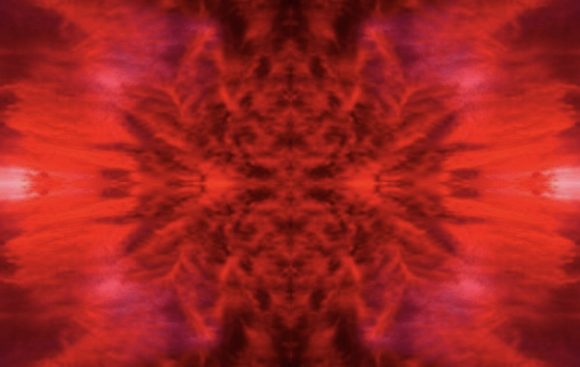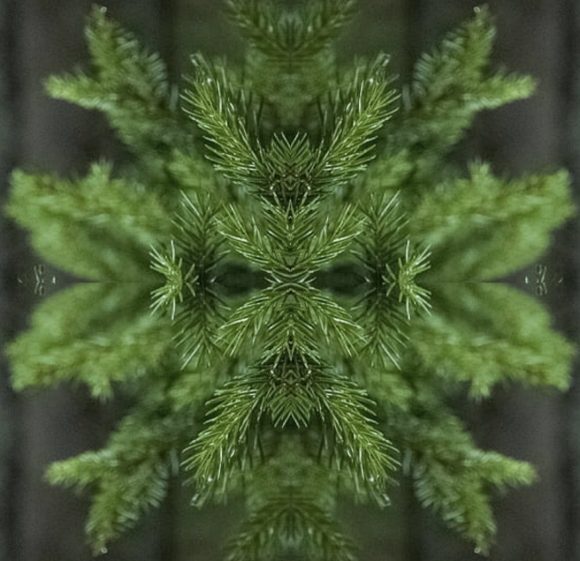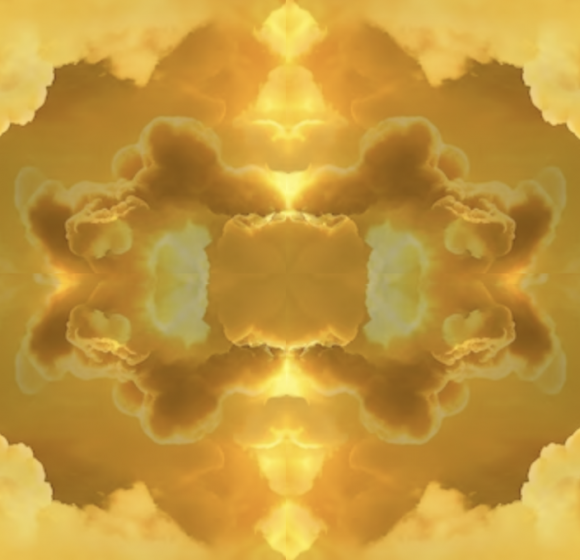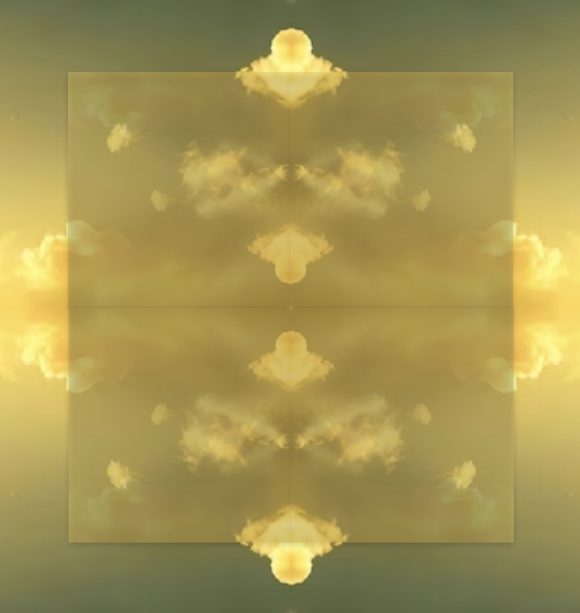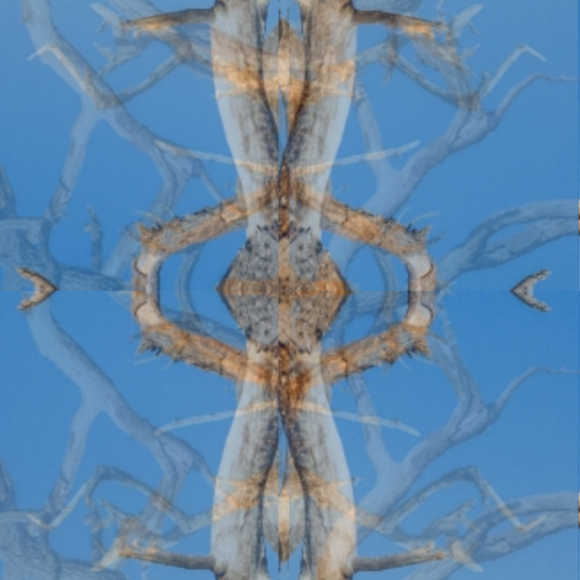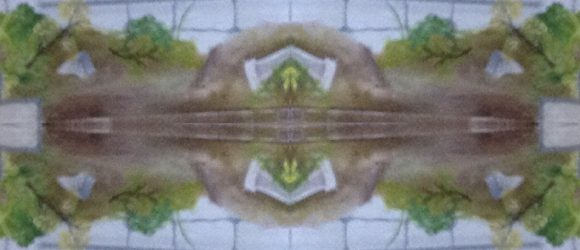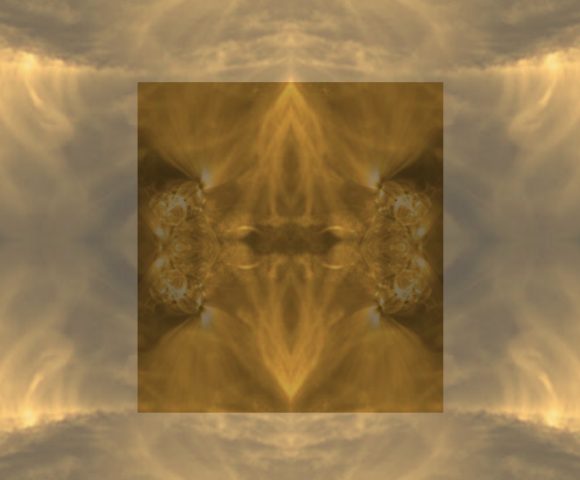
In my recent exploration of the implied theory of ghosts (in Reginald Hill’s short story), I stumbled, in fact repeatedly, over a certain ambiguity in the notion of “projection”. That is one of those terms from older psychology (think Freud, Jung) that has sunk into common parlance and popular culture, but unfortunately in a potentially misunderstood way. To sort it out, let’s look at an example...

